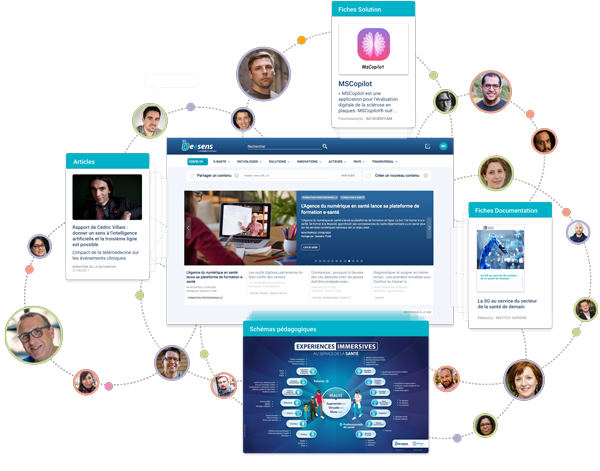"Smartwatches are handy devices for people to keep track of the number of steps they take per day or to track their mile time during a run. But they are also opportunities for scientists to understand people's physiological processes while they are going about their everyday lives.
In particular, scientists have been interested in tracking people's circadian rhythms through the biological data gathered by their smartwatches—specifically, their heart rate. Doing so would allow individuals to know the best times of day to sleep, eat, exercise or take their medications.
At night, a person's heart rate lowers in order to conserve energy. During a person's waking period, their heart rate speeds up in anticipation of activity. But the challenge has been figuring out a way to find the throughline of a person's heart rate among all of the ways it varies throughout the day, says Daniel Forger, a professor of mathematics at the University of Michigan.
Now, Forger and his colleagues have developed a statistical method that accounts for all of the "noise" that might affect a person's heart rate and extracts a person's circadian rhythm based on heart rate data provided by their smart watch.
The circadian rhythm is an internal clock that synchronizes all of the physiological functions in the body. The master clock, located in the brain's hypothalamus, oversees all of the millions of other internal clocks in your body: Each cell has an internal clock, as does your heart, the liver and the brain. In healthy individuals, these clocks are all in synchrony. But studying this master clock is difficult—especially outside of a lab setting.
"I think a big question has been, can we measure circadian rhythms with wearables, and how can we do that?" said Forger, also a research professor of computational medicine and bioinformatics at Michigan Medicine. "Heart rate itself has a circadian rhythm, but it's complicated by a lot of different things: You lie down and go to sleep, and your heart rate drops. You go running and your heart rate goes way up..."
Lire la suite
Tracking circadian rhythms from your smartwatch
MEDICALXPRESS, 29/07/2021
Partagé par :
Beesens TEAM











